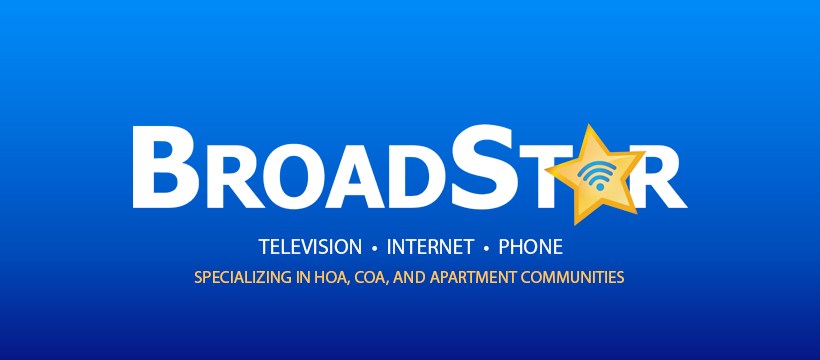Navigating the Complex Terrain of Regulatory Standards for Cyber Security in Multi-Unit Units to Guarantee Occupant Safety and Information Protection
Wiki Article
Within the current society, numerous individuals reside in multi-unit buildings, such as apartment complexes and condominiums. These places often utilize shared networks for internet and additional amenities. Although this setup can be convenient, it also brings up significant questions about system safety and compliance standards. Guaranteeing the security of residents and protecting their information is essential. This article will examine the intricate landscape of regulatory guidelines for network security in multi-dwelling units, emphasizing how these guidelines help keep tenants safe and protected.
A of the key regulatory guidelines that apply to system safety is the General Information Privacy Regulation (GDPR). This regulation is intended to protect personal information and privacy for individuals within the EU Union. While it primarily applies to companies functioning in Europe, its tenets can influence practices in different regions as well. For multi-unit units, complying to GDPR requires implementing robust data protection protocols. This includes making sure that residents' personal data is gathered, kept, and processed safely. By adhering to these guidelines, building administrators can help establish trust with residents and guarantee their information is safe from unauthorized intrusion.

A further important guideline is the Healthcare Coverage Flexibility and Responsibility Act (HIPAA), which protects confidential patient data in the medical sector. In multi-dwelling buildings, particularly those that provide healthcare assistance or have tenants with specific health requirements, adherence with HIPAA is essential. This means that any medical information collected from tenants must be kept confidential and protected. Building managers must ensure that their network infrastructures are configured to avoid data breaches and illicit intrusion. By doing so, they not only comply with legal obligations but also foster a safe residential space for all tenants.
In addition to GDPR and HIPAA, the Payment Payment Sector Information Security Standard (PCI DSS) is another vital compliance guideline. This standard is particularly relevant for multi-dwelling units that process debit card transactions for rent or services. PCI DSS outlines protection protocols that must be implemented to protect cardholder data. This includes encrypting sensitive data and frequently reviewing system security. By following PCI DSS guidelines, property administrators can minimize the threat of data breaches and safeguard residents' financial information, which is vital for maintaining their confidence and security.
Ultimately, it is crucial for multi-unit units to stay updated on local and national regulations regarding network discover this security. Regulations and guidelines can evolve, and remaining aware is essential for adherence. Building managers should regularly review their security policies and practices to ensure they meet current standards. This preventive strategy not only assists in upholding adherence but also improves the general safety of the system. By focusing on tenant safety and data protection, multi-dwelling units can create a secure living environment that fosters confidence and peace of mind among tenants.
To summarize, traversing the intricate environment of regulatory guidelines for system safety in multi-unit buildings is crucial for guaranteeing tenant security and information safeguarding. By comprehending and applying standards like GDPR, HIPAA, and PCI DSS, property managers can create a safe space for their residents. Staying informed about local regulations and regularly reviewing safety protocols further enhances this commitment to security. In the end, a robust focus on compliance not only safeguards residents but also fosters a feeling of belonging and confidence among multi-dwelling units.